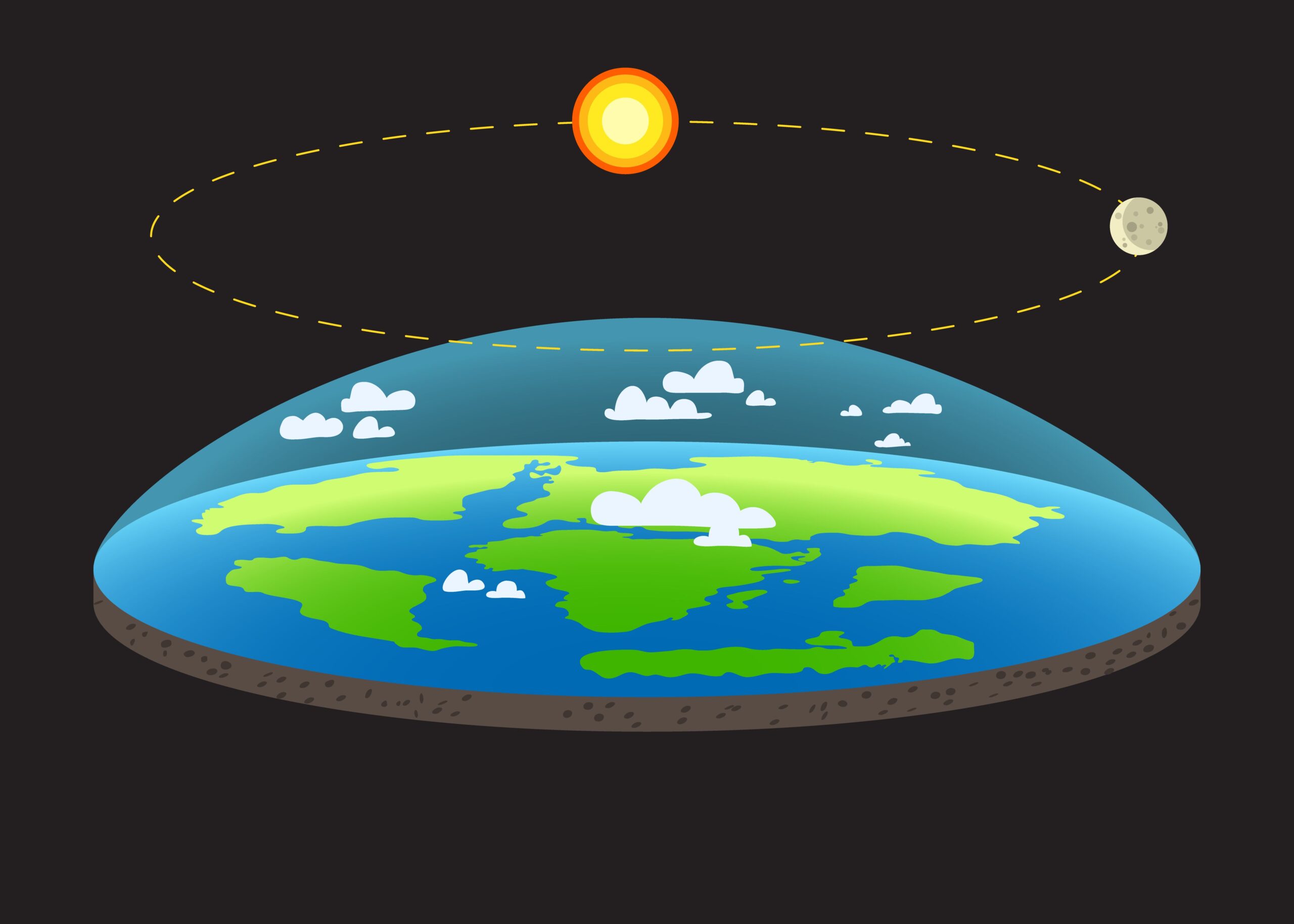Conspiracy theories have become common place in our culture with some of the more popular being ‘flat earth theory’ and, recently, QAnon. I thought it would be a good time to think through why conspiracy theories have become popular and why people subscribe to them. I didn’t mention the ‘anti-vaxxer’ movement as an example because it also includes some people that believe vaccines infringe on their human right of choice, which goes beyond a conspiracy.
Let’s first start by exploring what a conspiracy theory is. The term ‘conspiracy theory’ is generally defined as an explanation of a situation that has sinister underpinnings, where there is an agenda by the propagators of the conspiracy theory to be deceptive. That said, I think most people interchange ‘conspiracy theory’ and ‘conspiracy’, where a conspiracy is an alternative interpretation to commonly accepted facts. Based on the two earlier examples, ‘flat earth theory’ could be considered a ‘conspiracy’ whereas QAnon could be considered a ‘conspiracy theory’.
In either case, whether conspiracy or conspiracy theory, I believe the motivations to subscribing to either are similar and they go beyond simply believing in the conspiracy itself. Let’s take flat earth theory for example. The shape of the earth and the science behind it are commonly accepted facts with a mountain of evidence to support it, so why is there a large group of people that believe that the earth is flat?
I listened to an interesting podcast by a person that went to a flat earth convention to listen to the speakers and interview some of the delegates. Despite not subscribing to the conspiracy, the person found the whole convention ‘seductive’. The speakers were all engaging people with a variety of fun theories to explain how the earth was flat and the delegates were equally fun and interesting and the whole convention had a great vibe to it. He found the whole flat earth community to be extremely appealing!
If the only requirement of entry to this fun sounding community was simply the subscription (either real or perceived) to flat earth theory, then why not subscribe if it gives you access to the community? I think this speaks to one explanation as to why people subscribe to a conspiracy or conspiracy theory. Its because it gives them access to a community, which comes with the benefits of membership. Having a group to engage with, the social benefits and a feeling of inclusion.
Another reason I believe that people subscribe to conspiracy theories is due to an underlying conflict between knowledge and power. Historically, knowledge was set by those in power and to disagree with those in power was to be persecuted. A good example of this is was in the 16th century when the Catholic Church used to be heavily involved in the leadership of a country. During this time Galileo, an astronomer and scientist, was a proponent of heliocentrism (the earth and other planets revolve around the sun), which was in opposition to the beliefs and teachings of the Catholic Church. As a result he was convicted of heresy and spent the rest of his life under arrest.
Of course today things are very different to the way they were in the 16th century but I believe the potential conflict still holds. Can we be certain that the knowledge we accept is not some how convoluted by those in power? If not then believing or subscribing to an alternate set of facts becomes a way to object to the potential mixing of knowledge and power, which I believe is another important reason people subscribe to conspiracy theories.
Subscribing to a conspiracy theory often comes with its own costs, which it makes it hard to unsubscribe! Depending on how extreme the conspiracy theory is, it can lead to alienation of an individual from their existing family and friends. This unfortunately leads an individual to further commit to the conspiracy theory because they become more reliant on the conspiracy theory community for support. Being a fan of Star Wars, some advice from Yoda comes to mind where he says to Luke Skywalker that once you start down the journey to the dark side that it will forever dominate your destiny! In other words, once you subscribe to a conspiracy theory and become alienated from your existing support structures, it become very hard to get out.
Conspiracy theories can be seductive and maybe all of us have at some time been attracted to one. That said, I think the attraction has less to do with the conspiracy theory itself and more to do with other factors, such as the community and/or deeper suspicions. If we want someone to unsubscribe from a conspiracy theory, we must first realise this and tackle the underlying issues first. If we engage in debate of the credibility of the conspiracy itself, we risk alienation and further pushing the person away and making them more entrenched in the conspiracy theory!




